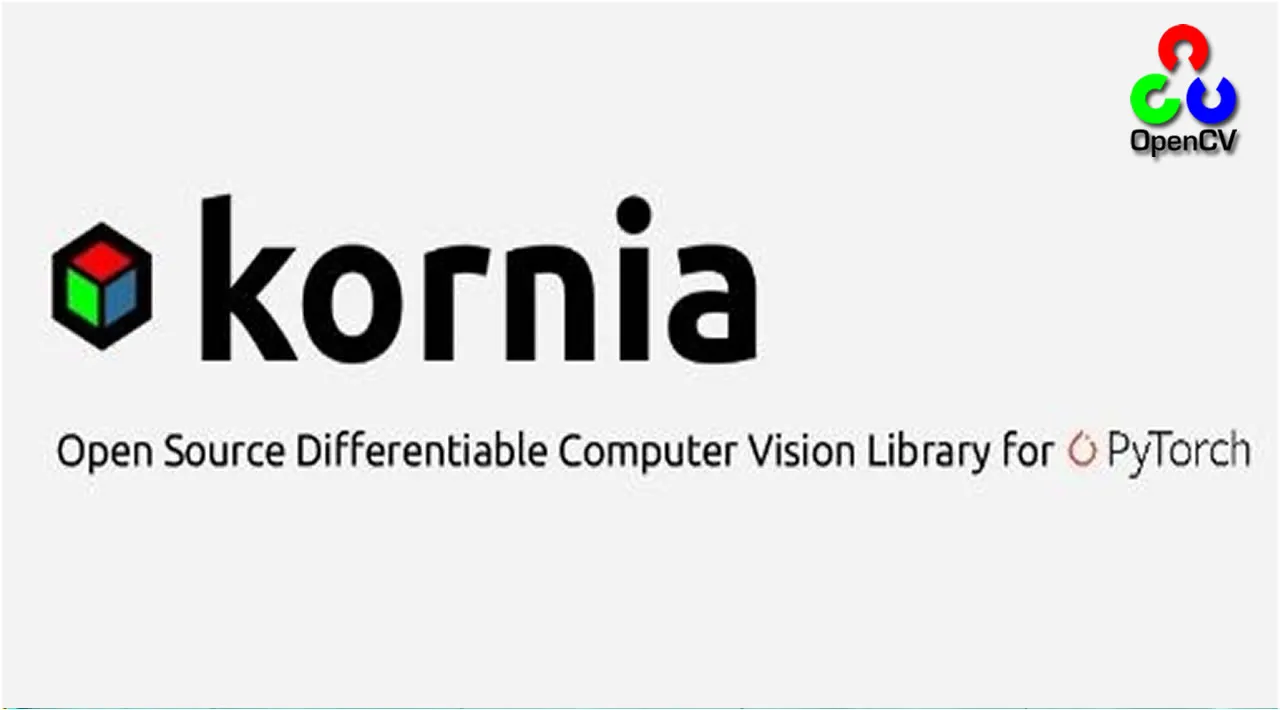Kornia is an open-source Python library inspired by OpenCV designed to handle generic Computer Vision tasks. It was introduced by Edgar Riba, Dmytro Mishkin, Daniel Ponsa, Ethan Rublee and Gary Bradski in October, 2019 (research paper).
Kornia leverages PyTorch library at its backend in terms of model’s efficiency and reverse-mode auto-differentiation for defining and computing complex functions’ gradients. It comprises a subset of packages having operators that act as an input to neural networks for performing a wide range of tasks such as image transformations, depth estimation, epipolar geometry, filtering and edge-detection applicable on high-dimensional tensors. Unlike conventional CPU-based CV libraries such as torchvision and scikit-image, several standard deep learning functions can be implemented on GPUs using Kornia.
Kornia bridges the gap between two simple yet powerful libraries namely, OpenCV and PyTorch. Though solely based on traditional CV solutions like torchvision, tf.image, PIL and skimage, it enables differentiable programming for CV applications by utilizing the crucial properties of PyTorch like GPU hardware acceleration, differentiability and distributed data-flows.
#developers corner #computer vision #kornia #pytorch farmework
